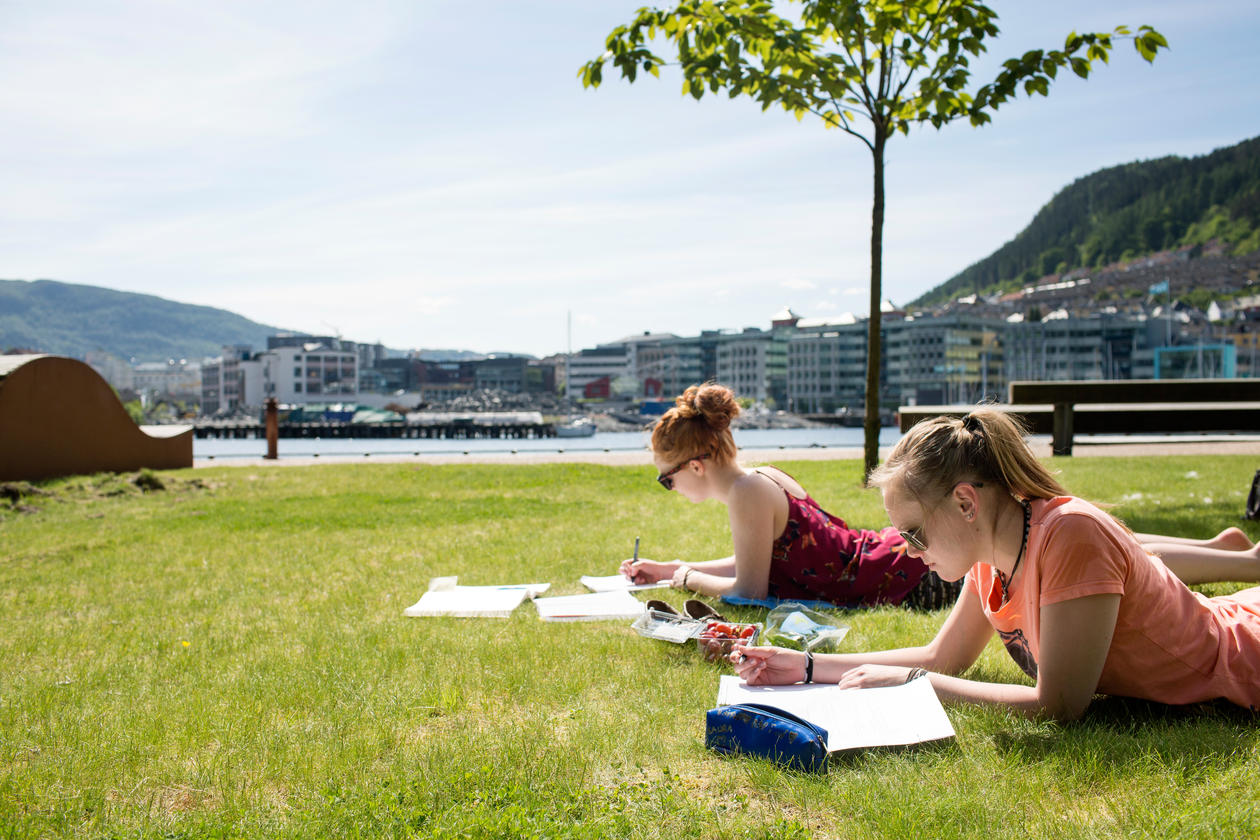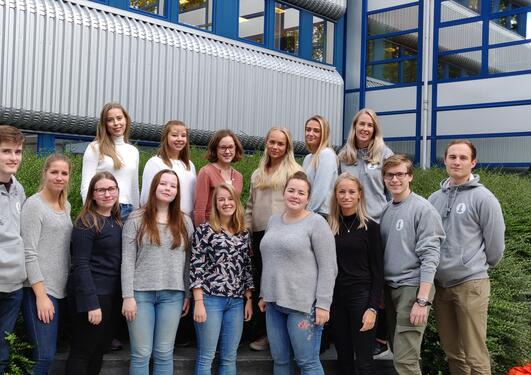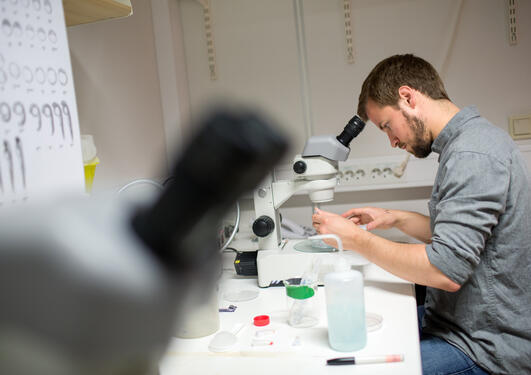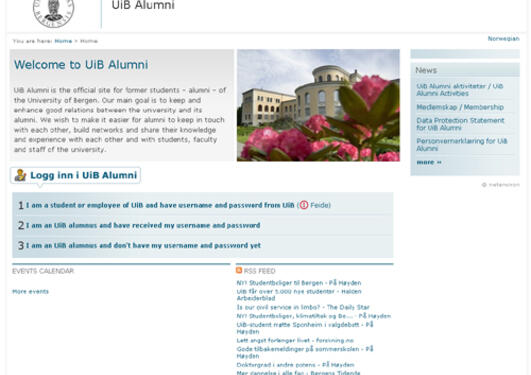Master studies in Molecular Biology
The master´s programme leads to the degree of Master of Science in Molecular Biology. It is a two-year programme (120 ECTS credits) and consists of one year with courses and one year with laboratory work and writing your master thesis.

Main content
Admission
Here you find information about the admission process. International students residing in Norway can apply within 15 April with study start in August.
Courses
During your first autumn as a master student with us you will take the course MOL300 – Practical molecular biology. You will be working with modern methods in molecular biology, and the course includes practical lab exercises in gene technology (cloning, protein expression, PCR, and site-directed mutagenesis), in situ hybridization, immunological detection methods, cell cultures, and protein interactions.
MOL300 is the most extensive master’s course you will take, and we require that when you start you meet the course prerequisites equivalent to MOL221 – Experimental molecular biology I and MOL222 – Experimental molecular biology II. Please take a look at the MOL222 course description and its aim and content, and make sure that these are techniques and terms familiar to you.
MOL310- Structural molecular biology is the other compulsory course you need to take as a part of your master’s degree with us. Here you will go in-depth on how protein structure affects protein function. You may also be asked to take MOL203 – Gene structure and function or MOL204 – Applied Bioinformatics should you not already have the equivalent knowledge from previous studies.
There are 20 or 30 elective course credits, depending on your background. These can either be additional courses in molecular biology or other relevant courses (e.g. biology or chemistry).
The master thesis
At the Department of Molecular Biology we study and supervise students in projects looking into the molecular mechanisms of gene regulation and biomolecular interactions using molecular, cellular and biophysical approaches. These molecular mechanisms are explored in the context of normal and aberrant gene regulation in diseases.
We also will investigate the structural, molecular and (patho)physiological aspects of protein modifications and signalling by key metabolites. You can read more about the research here.
Some of our students also choose to do the work for their master thesis with external supervision, for example at the Institute of Marine Research or at Haukeland University Hospital.
If you want an idea of what our students write about in their theses, take a look at our Master Thesis Archive.





